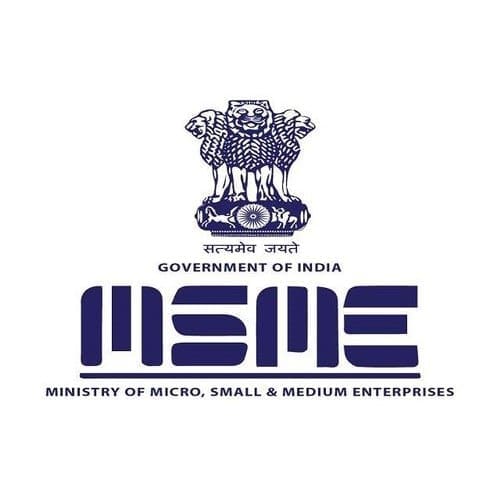India’s micro, small, and medium enterprise (MSME) sector, a crucial engine for economic expansion and employment, contributing nearly 30% to the nation’s GDP and supporting approximately 240 million livelihoods, stands to benefit significantly from strategic policy initiatives. As India envisions a “Viksit Bharat” by 2047, the MSME sector, particularly within textiles, will play a pivotal role. Recent government initiatives have focused on credit access, digitalization, technology upgrades, skill development, and market access, creating a foundation for further growth.
The upcoming budget holds the potential to catalyze further MSME advancement. Proposed measures include bringing banking services directly to market centres via mobile or street-corner banks, and easing financial management for micro-enterprises. Increased transparency in collateral-free loan approvals, through regular reporting by banks, is also anticipated. Simplifying the GST structure, potentially through fewer slabs or a unified registration system, along with a tiered penalty system for GST-related delays, could alleviate compliance burdens. A reduction in corporate taxes or accelerated depreciation could free up resources for R&D, innovation, and ESG compliance. The establishment of integrated infrastructure townships dedicated to MSMEs and specialized MSME “universities” focusing on training, internships, and placements are also under consideration to address skill development needs. These targeted interventions aim to empower MSME workers and bolster the textile sector within a dynamic market environment.

